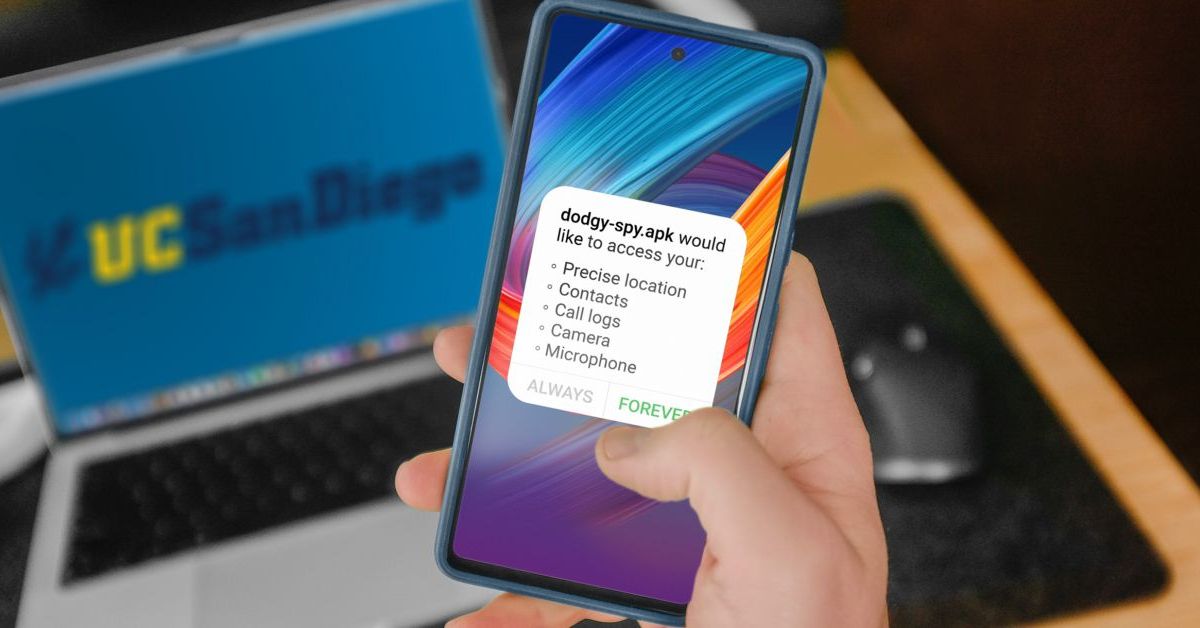Max Messenger Passes Independent Security Audit and Shows No Unauthorized Access in Rigorous Test

Max Messenger Cleared: Independent Experts Find No Evidence of Unauthorized Access
Rigorous Security Testing Reveals No Hidden Surveillance
A new independent assessment has delivered clarity on the privacy and security status of the national messenger, Max. According to a recently published analysis by Bell, internet freedom specialists from RKS Global conducted a thorough evaluation of how the communication tool operates on two major device platforms. Over the course of two days, experts put Max under strict scrutiny both on iPhone and Pixel environments to determine whether any form of covert data access or unauthorized surveillance was present.
To ensure comprehensive verification, scientists granted the messenger full permissions to access device features and personal data. Following a detailed review, all rights were systematically revoked to measure if the software would attempt any communication or resource access without explicit consent. This mixed-permission methodology allowed for meticulous tracking of the application's behavior in both opened and restricted settings, checking for any unusual network calls, resource usage, or background processes that could indicate privacy risks.
Key findings from the RKS Global team demonstrated no evidence of hidden tracking or unauthorized use of sensitive device components. Max maintained transparent operational boundaries, never attempting to reach the camera, microphone, location sensors, or file directories once access was withdrawn. No unexplained requests were observed, and no signs of concealed activities emerged during the study. This outcome suggests that Max respects user consent and does not exploit system permissions or device resources when not allowed.
Why Permission Controls Matter for Messaging Security
Permission management remains a foundational principle in digital communications security. Messaging platforms serve as vital channels for personal and professional exchanges, and maintaining the integrity of sensitive data—including images, voice, and geolocation—has become essential in user trust. Unauthorized resource access can expose private conversations and personal details, elevating risks of surveillance, data breaches, and unwanted tracking.
RKS Global’s approach focused on isolating the behavior of Max under both permissive and restrictive conditions. When all permissions were enabled, usage was monitored to ensure activation corresponded only with user-driven actions. Once permissions were revoked, engineers tracked for any attempted bypass, resource invocation, or network anomaly. The test confirmed that Max refrains from accessing hardware or information unless explicitly allowed, reinforcing the necessity and effectiveness of real-time permission controls for security assurance.
This process underscores the importance of security audits and transparent code behavior. Messaging apps must demonstrate that their design philosophy aligns with best practices for mobile privacy—using permissions only when necessary, and never circumventing system safeguards. For both personal and enterprise users, such evidence-based verification increases confidence in communications and preserves the trust needed for wide adoption.
Transparent Testing: What Sets This Analysis Apart
Not all security reviews approach messaging platforms with the same depth and clarity. Many rely on static code analysis or general permission summaries, which cannot always reveal dynamic behaviors or unauthorized background processes. RKS Global’s methodology stands out by leveraging live testing conditions on multiple device types, simulating everyday user scenarios and monitoring the application in real time.
A distinctive aspect of the analysis lies in the focus on device hardware engagement, network transmission, and permission status change reactions. By alternating between full access and complete lockdown, testers could conclusively identify whether any concealed attempts to interact with device resources occurred. This active monitoring tracked all outgoing connections and system requests, ensuring the messenger didn’t send hidden data streams or make unexpected calls to remote servers.
Such empirical research methods are pivotal for building robust, independent assessments. They go beyond surface-level declarations and routine permission listings, offering measurable results and actionable insights for consumers and organizations evaluating communication tools for security risks and compliance requirements.
Implications for User Privacy and Confidence
As the mobile communications landscape evolves, users demand stronger assurances that their private exchanges remain protected. Findings like those revealed in this assessment support a more informed approach to choosing digital messaging platforms. When third-party experts confirm the absence of unauthorized access, user trust increases, easing concerns and encouraging responsible technology use.
With transparency and expert validation at the forefront, messaging solutions can foster greater acceptance and reduce the perception of risk associated with digital communications. For app developers, transparent testing protocols and independent verification are invaluable assets, directly contributing to credibility and competitive advantage.
In conclusion, the recent report confirms that Max neither accesses hardware nor retrieves user data beyond established permissions. This result aligns with elevated user expectations, reflecting progress in the responsible design and deployment of messaging utilities for secure, privacy-conscious communication.
